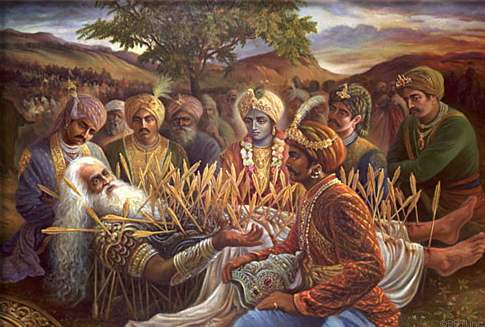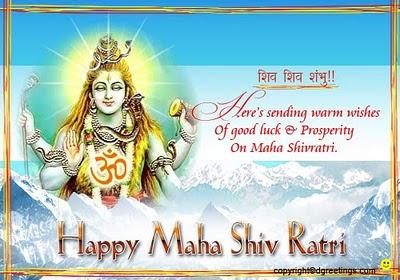Magha maasam is the 11th month of Hindu lunar calendar. Makha nakshtram (star) falls on the pournami day of this month. This month is considered auspicious to perform all the major occasions like marriage, upanayanam (thread ceremony), house warming etc. One year on the earth is considered as one day in the higher abode and this month starts the dawn of the day to the Gods. Deepa daanam (lighting a lamp) is auspicious in Karthika maasam and magha snanam (holy dips in holy rivers) is the major ritual of magha maasam.There are many auspicious and religious events during the month. Some of them are given here.
Vasanta Panchami (January 27) falls on the fifth day of the magha maasam. Goddess Saraswathi is worshiped on this day. Children are initiated into the world of learning on this day.
 Ratha Sapthami (January 30) is observed on the seventh day after amavasya and is dedicated to Sun God. An important ritual is taking bath using jilledu aku (erukku leaves), a kind of giant milkweed. Lord Surya is believed to ride a chariot driven by seven horses and this form is worshipped during the festival. To show the significance of the festival a chariot muggu (rangoli) is made on the ground and worshipped. Usually milk is boiled and pudding is made of rice and jaggery and offered to Sun God.
Ratha Sapthami (January 30) is observed on the seventh day after amavasya and is dedicated to Sun God. An important ritual is taking bath using jilledu aku (erukku leaves), a kind of giant milkweed. Lord Surya is believed to ride a chariot driven by seven horses and this form is worshipped during the festival. To show the significance of the festival a chariot muggu (rangoli) is made on the ground and worshipped. Usually milk is boiled and pudding is made of rice and jaggery and offered to Sun God. |
| courtesy salagram.net |
Bhishma Ashtami (January 31) falls on the eighth day during the shukla paksha (first half of the fortnight of the month). Bhishma is known as the grandfather of the Kauravas. In the Great War of Mahabharata, Bhishma laid himself on the bed of arrows on this day. Before his last breath, Bhishma revealed the Vishnu Sahasranamam (1000 names of Lord Vishnu) to Pandavas in the presence of Lord Krishna (incarnation of Lord Vishnu). Significantly called Bhishma Pitamah, chose this day to leave his body and unite with the Lord. Hence Bhishma Ekadasi (11th day in the fortnight, February 3, 2012) is auspicious to devotees, who chant or listen to Vishnu Sahasranama stotram and be on fast for the day.
Magha pournami (full moon day, February 7)is the most important and sacred pournimis in the Hindu religion. It is believed that taking early morning baths in holy rivers on this day relieves a person from all sorts of problems. The Magha Mela at Prayag near Allahabad held on this day is very famous in India. More than a million devotees assemble at the confluence of the Ganges and the Yamuna.
 |
| courtesy spiderkerala.net |
Maha Shivarathri (February 20) is the night of worship of Lord Shiva on the 14th day after pournami. Lord Shiva is worshiped in the form of lingam will be pleased if we perform libations (abhishekam). “Panchamrutham”, the five foods of immortality namely milk, clarified butter, curd, honey and sugar is offered as abhishekam. If you cannot offer panchamrutham he enjoys if one offers water on "sivalingam". Devotees observe a day of strict fast having only fruits and milk. There is also a saying that “janmaniki oka sivarathri” which means that at least in one life time we should fast on sivarathri day. After fasting for the day, devotees spend the whole night by performing abhishekams, kalyanam of Lord Shiva and Parvathi devi along with chanting of “Om Namah Shivaya”. It is believed that, we are required to keep vigil during the night in order to receive Lord Shiva’s grace and assistance.
May the Lord shower HIS blessings on the living beings!

Suparo Suparo.
ReplyDeleteThank you for the comment.
ReplyDelete